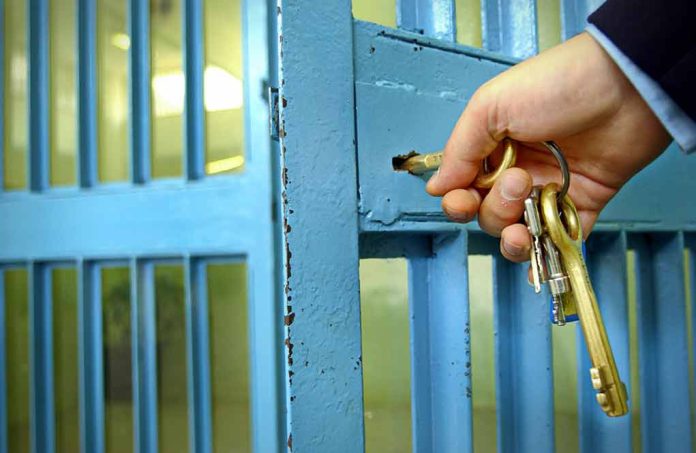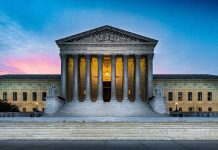
Julian Assange, WikiLeaks founder, has been released after five years of imprisonment in a British prison, stirring a national conversation on press freedom and the actions of the CIA against his family.
At a Glance
- Julian Assange spent five years imprisoned in the U.K. awaiting extradition to the U.S.
- Assange’s prosecution under the Espionage Act is widely viewed as a threat to press freedom.
- The CIA allegedly conducted operations targeting Assange and his family.
- Assange criticized efforts to criminalize journalism and advocated for press freedom.
- Five major newspapers and other groups have urged the U.S. to drop the case against Assange.
Julian Assange’s Imprisonment and Release
Julian Assange, the founder of WikiLeaks, has been freed after five years of incarceration in a British prison. Assange, who for seven years sought refuge in the Ecuadorian embassy in London, pleaded guilty to conspiring to obtain and disclose classified U.S. documents. His plea deal with U.S. authorities clears the way for his release. During his imprisonment, Assange stressed that his actions were grounded in journalistic duty.
Assange initially gained international attention in 2010 for publishing leaks provided by Chelsea Manning, exposing U.S. military misconduct. His prosecution under the Espionage Act marks the first time that gathering and publishing government secrets has been criminalized, setting a concerning precedent for press freedom.
PRESS RELEASE:
Julian Assange to Address Council of Europe Following Confirmation of his Status as a Political Prisoner
On October 1, Julian Assange will arrive in Strasbourg to give evidence before the Committee on Legal Affairs and Human Rights of the Parliamentary Assembly…
— WikiLeaks (@wikileaks) September 24, 2024
Threat to Press Freedom
Assange’s case has drawn significant criticism from press freedom advocates, human rights organizations, and legal experts who argue that his prosecution poses a threat to journalistic activities. Former DOJ spokesperson Matthew Miller highlighted that prosecuting Assange could set a dangerous precedent for other journalists working on sensitive national security information.
“The plea deal Julian Assange, the founder of WikiLeaks, has reached with prosecutors is bad for American press freedoms. But the outcome also could have been worse.”
Experts warn that the criminalization of obtaining and disclosing government secrets, as seen in Assange’s prosecution under the Espionage Act, may create a chilling effect on investigative journalism. This could dissuade journalists from pursuing stories that are vital for public interest and hold government accountable.
The prosecution of WikiLeaks founder Julian Assange poses a grave threat to the freedom of the press.
These charges establish a dangerous precedent that can be used to target all news organizations holding government accountable by publishing its secrets.https://t.co/1WTiWGxZek
— ACLU (@ACLU) June 17, 2022
CIA Allegations and International Response
Post-release, Assange criticized efforts to criminalize journalism and revealed that the CIA had allegedly targeted his family in the past. He called on lawmakers to protect freedom of expression and warned of heightened threats against journalists worldwide.
“Julian Assange has said he chose freedom “over unrealisable justice” as he described his plea deal with US authorities and urged European lawmakers to act to protect freedom of expression in a climate with “more impunity, more secrecy [and] more retaliation for telling the truth.” Source:
The Council of Europe plans to debate a resolution condemning the severe charges against Assange by the U.S. The resolution criticizes the misuse of the Espionage Act and the UK’s failure to protect Assange’s rights. Additionally, a delegation of Australian politicians will visit Washington, D.C., to urge U.S. officials to drop the prosecution.
Julian Assange freed but convicted, a threat to press freedom https://t.co/IR2of41P5D
— Le Monde in English (@LeMonde_EN) June 27, 2024
Sources
1. Julian Assange says he ‘chose freedom over unrealisable justice’
2. Assange’s Plea Deal Sets a Chilling Precedent, but It Could Have Been Worse









